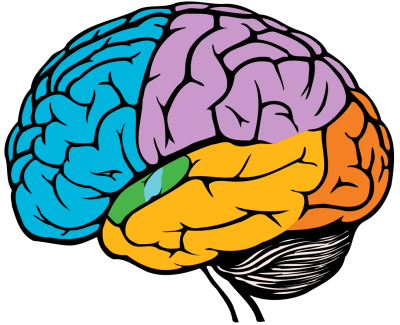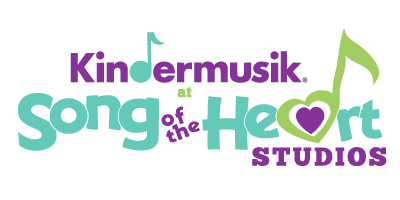 The majority of scientific studies about music and the brain are done on adults, but there is a premiere neuromusicologist at Harvard Medical School that studies the effects of music on children’s brains.
The majority of scientific studies about music and the brain are done on adults, but there is a premiere neuromusicologist at Harvard Medical School that studies the effects of music on children’s brains.
Gottfried Schlaug M.D. PhD tested the brains of 6 year olds, giving them 15 minutes of keyboard instruction for a period of 15 months against the brains of a control group of 6 year old children that received no musical instruction.
The musical children’s brains showed measurable increase in the auditory and motor centers of the brain. Additionally, they outperformed the non-musical children on tasks of sound discrimination and motor sequencing.
What does that mean?
Kids who engage in musical training and practice have more developed brains than their peers. Kids who engage in musical training and practice have a higher capacity to sort and identify sounds. What does that matter? Auditory discrimination sounds fancy, but essentially it is the ability to distinguish phonemes, the most basic unit of language and speech. The child who studies music has increased ability to both express and understand language. Language expression and reception is a crucial skill throughout life.
Additionally, the musically trained children had higher ability in motor planning. Motor planning is the ability to conceive, order, and carry out a sequence of non-habitual movements from beginning to end. So much of what we do in life is motor sequencing: cooking a meal, dressing ourselves, cleaning a room, exercising, driving, and on and on.
Kindermusik is giving your child a leg-up in these developmental tasks. Don’t you feel glad that you are giving them the best foundation for growth? All wrapped up in one joyful package!

